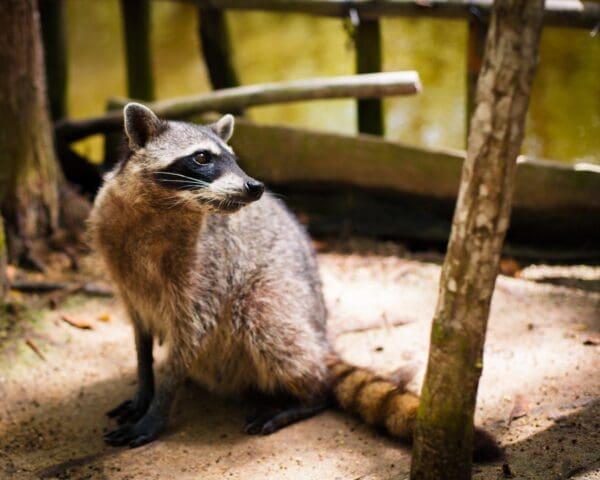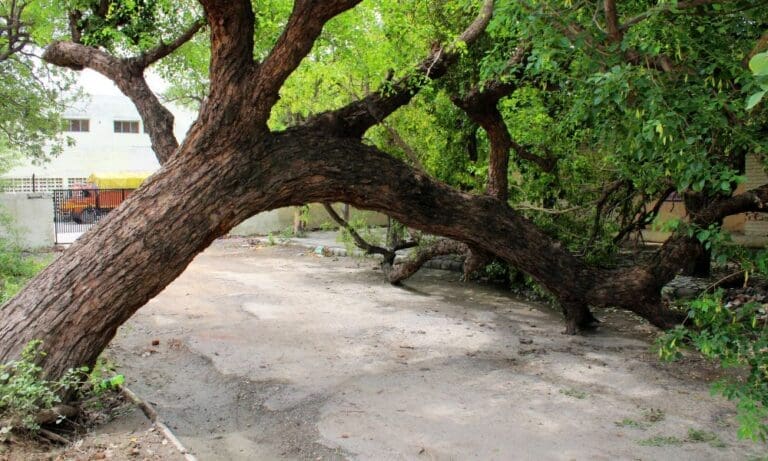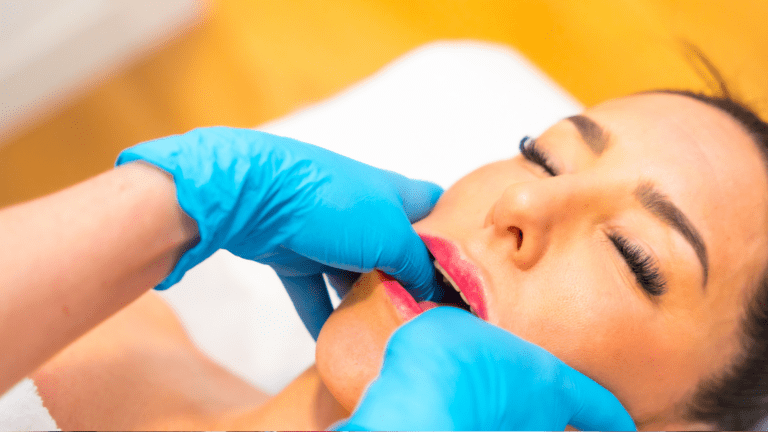Understanding the Risks of Raccoon Infestations and Why Removal is Crucial

Raccoons are a common household pest that can cause damage to homes and buildings. They can also transmit diseases to children and pets. Raccoon feces can contain bacteria that can cause Leptospirosis, roundworm, and Salmonella. They can also contaminate soil and water with their urine. People might notice raccoon activity around their homes, such as damage to gutters, shingles, or vents. They may also hear squeaking, scratching, or rustling noises at night.
Raccoons Can Become Infested With Parasites
Raccoons carry several parasites, including raccoon roundworm (Baylisascaris procyonis), which can cause disease in humans and animals. The infection is passed via ingested eggs, resulting in central nervous system damage, meningitis, liver failure, or death.
The parasite is shed in raccoon feces and spread through contact with soil or water that contains the wastes. It is also found in the urine of raccoons and other wildlife, such as skunks, opossums, Norway rats, mice, and white-tailed deer.
A telltale sign of a raccoon infestation is a hole in the yard, small hand-like paw prints, and the smell of foul odors. The pests are also known to raid and make a mess of garbage cans and other storage containers and can even enter homes. Infestations can damage insulation, wood, shingles, and electrical wiring in walls and attics. They may also chew through and tear down drywall to create dens.
Raccoons Can Become Infested With Diseases
Raccoons are a natural host for parasitic roundworms, passing millions of the parasite’s eggs in their waste daily. If a person accidentally ingests or breathes in these parasites, they may experience severe side effects like loss of muscle control, drowsiness, or blindness.
Raccoon feces contain Leptospirosis, a dangerous bacteria that affects the liver and kidneys. It is a common cause of illness in wild animals, including raccoons, and can be contracted by eating food or drinking water contaminated with the animal’s urine.
Since raccoons often use porches and stacked firewood as restrooms, they are at risk of spreading the disease around their homes. Children, especially, are prone to inadvertently ingesting contaminated dirt or soil and can develop symptoms like drowsiness, confusion, or loss of coordination. The leptospirosis infection can spread to the eyes, brain, and nervous system, leading to permanent nerve damage or even death. Discouraging raccoons from living near homes is the best way to avoid leptospirosis infections in people and pets.
Raccoons Can Become Infested With Pests
Raccoons carry numerous diseases that can be transferred to humans and pets. They are known carriers of rabies, which attacks the central nervous system and can be fatal if not treated. Additionally, they carry roundworm and Leptospirosis, which can cause severe health problems such as kidney damage, liver failure, meningitis, and diarrhea.
They also carry Salmonella, which can cause gastrointestinal distress and infections. Raccoons can infect a house by borrowing into insulation, tearing through ducting, and setting up a restroom inside the attic. As a result, the attic becomes moldy, smelly and can be unsafe to live in.
Homeowners can prevent raccoons from entering the property by eliminating sources of food or shelter like overturned trash cans, bird feeders, compost piles, and fish ponds. They can also use motion-activated sprinklers, store-bought scent deterrents, floodlights, or contacting raccoon removal Toronto and exclusion fences to keep raccoons away from yards and homes. Additionally, they should clean up areas where raccoon droppings have built up.
Raccoons Can Become Infested With Bacteria
Raccoon waste can carry dangerous bacteria that can be transmitted to humans and pets. The most hazardous is a roundworm, Baylisascaris procyonis, held in the animal’s feces. This parasite can attack the central nervous system, causing severe symptoms, including headaches, abdominal pain, diarrhea, nausea, and dehydration. Another bacteria that raccoons can carry is Leptospirosis, which is contracted by coming into contact with water, soil, or food contaminated by the animal’s urine.
In the wild, raccoons create dens in tree cavities and caves but are well adapted to living in urban areas where they seek shelter under porches, sheds, garages, attics, and other structures. They also invade yards, destroying garden plants and rummaging through garbage to obtain food. In addition, the animals can cause damage to homes and buildings by chewing through insulation, gnawing on electrical wires, and tearing down parts of roofs and siding. Raccoons can also infect indoor spaces with fecal pathogens.









